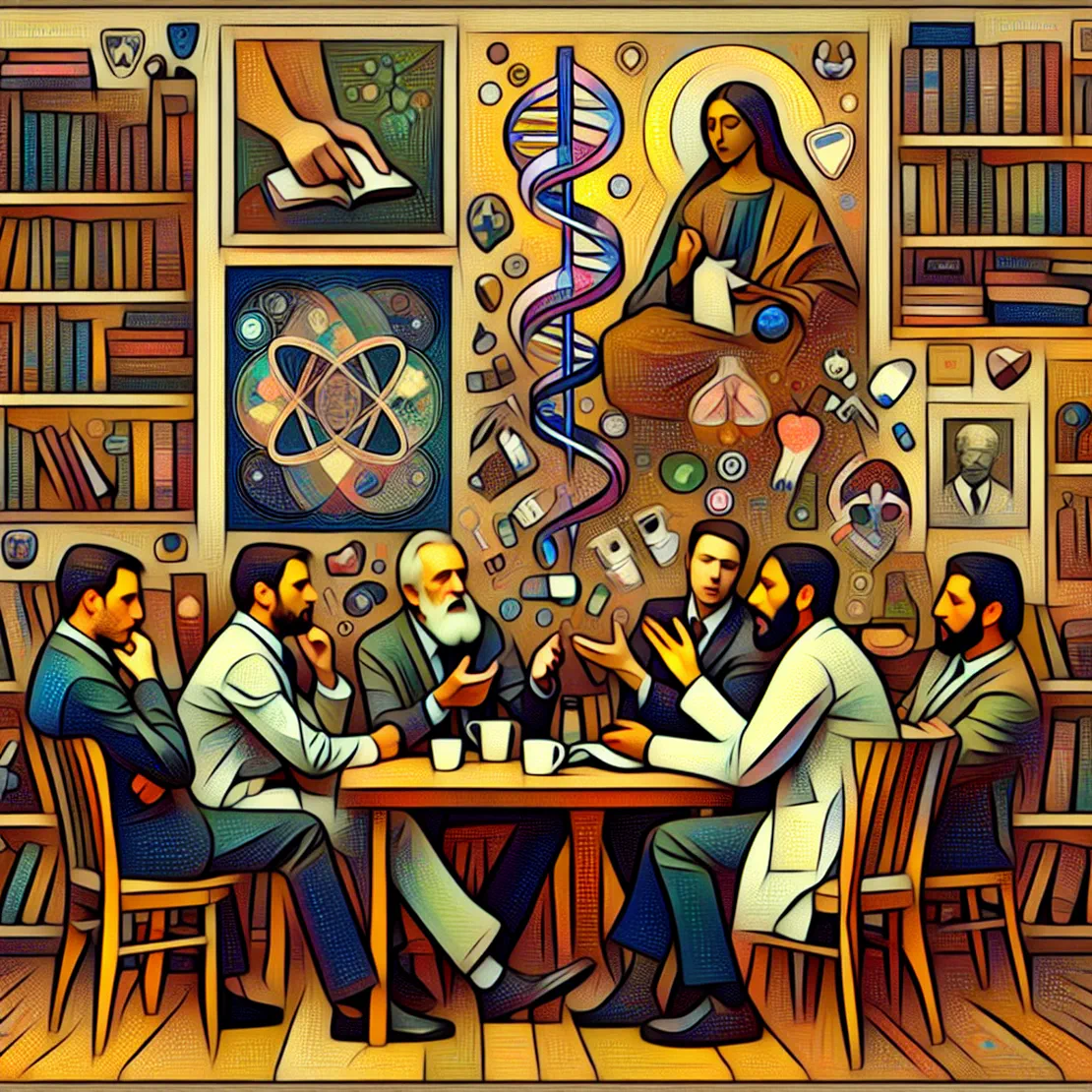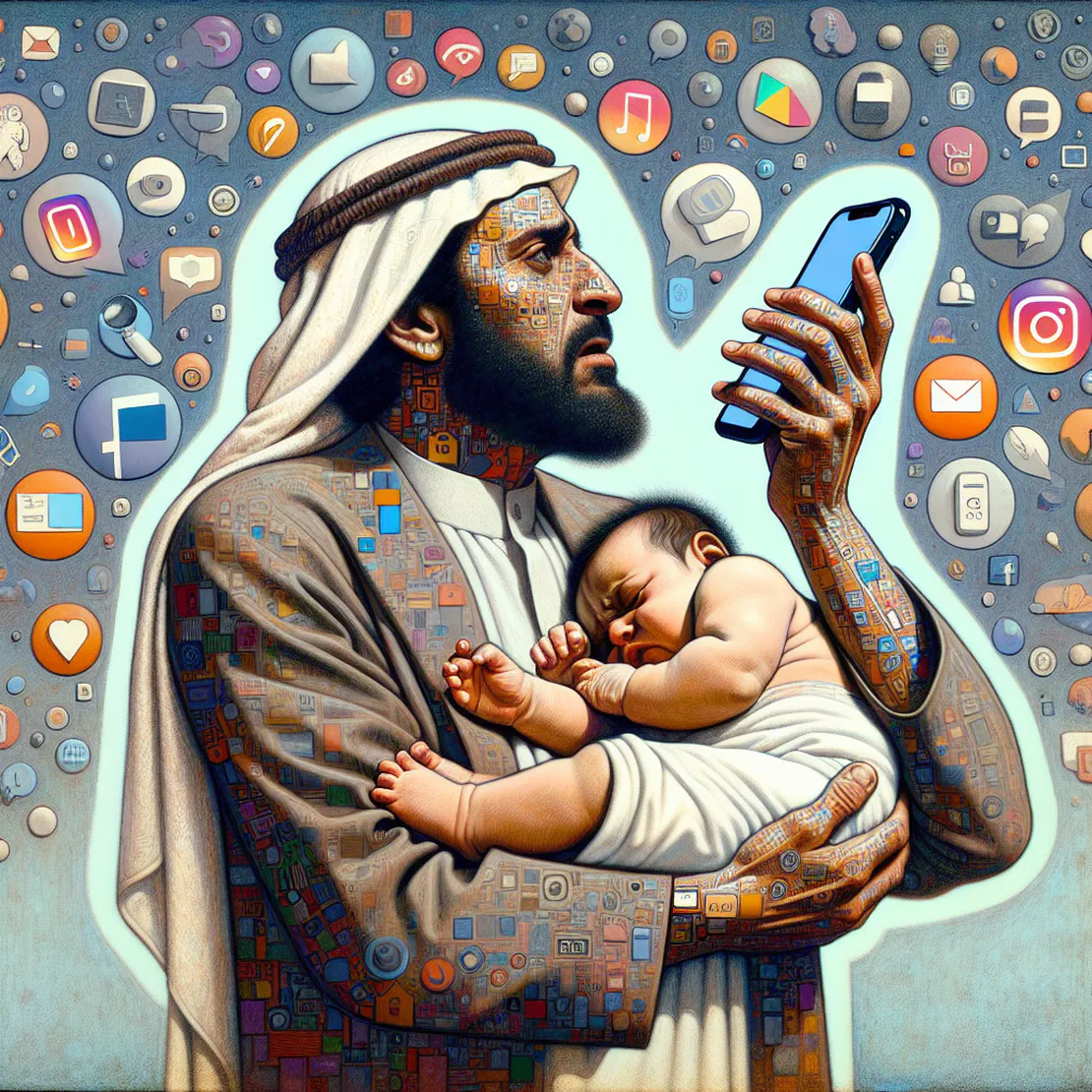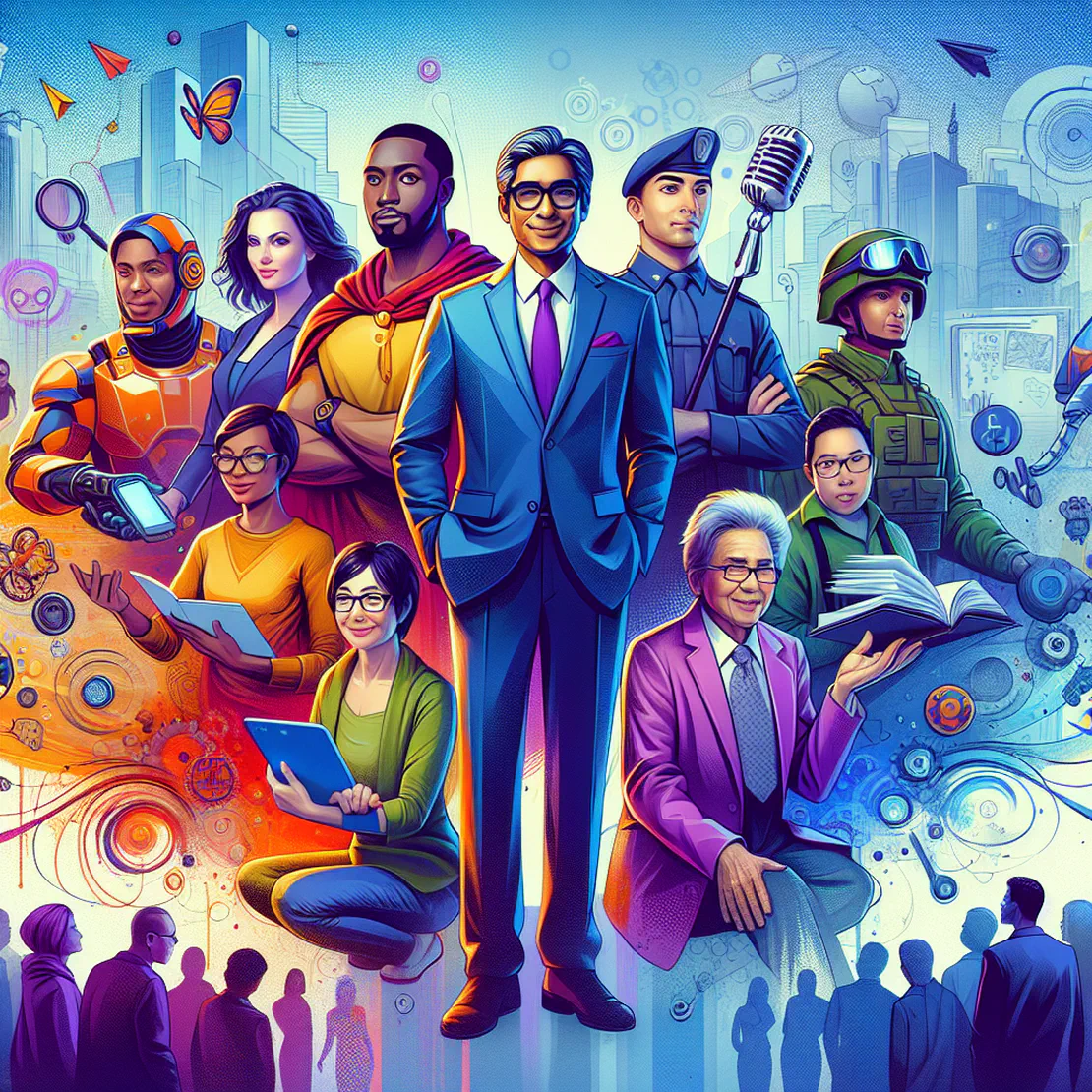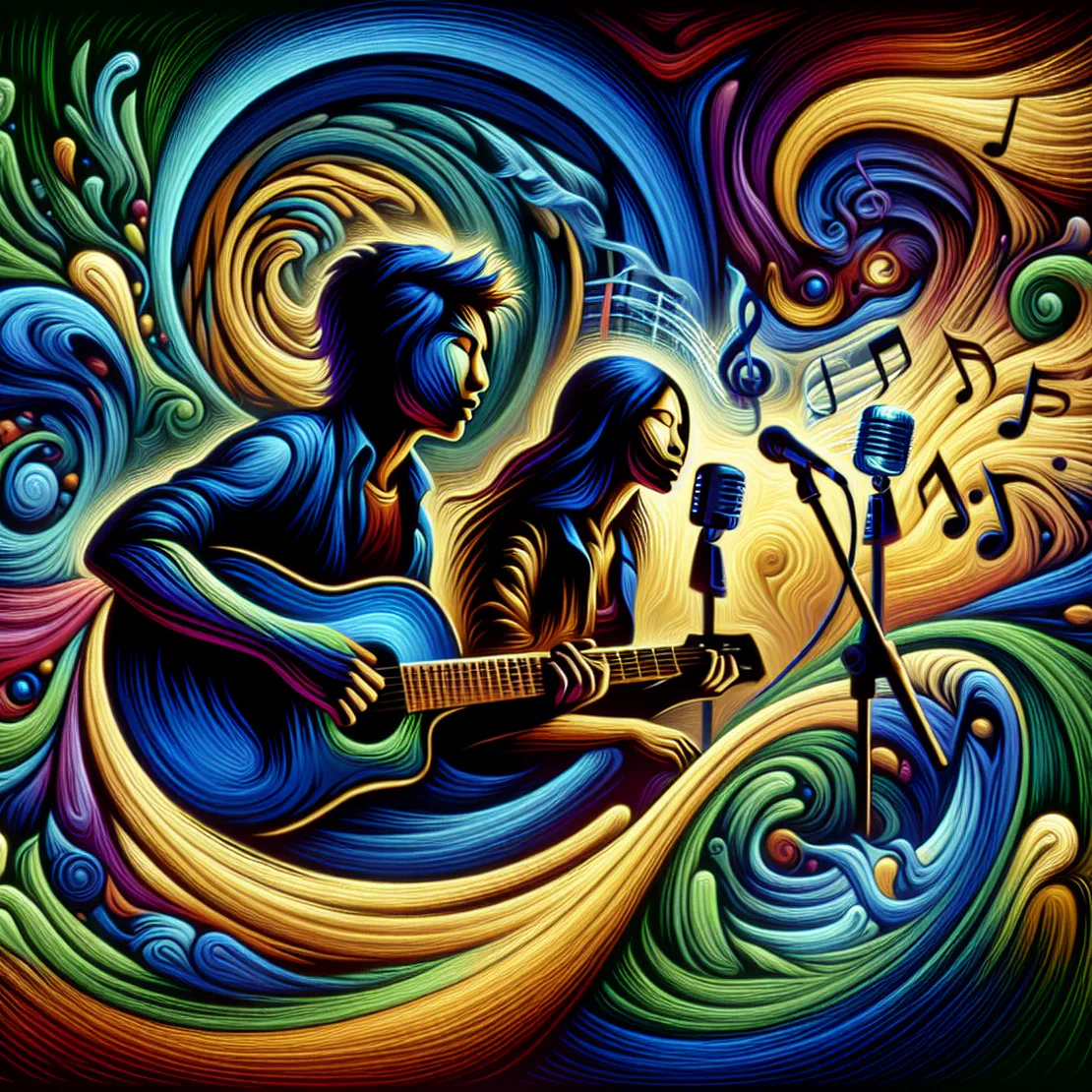
Laura Linney
Table of Contents
At a Glance
-
Commitment to Career - ‘The performance of being at a graduation doesn’t come close to doing the thing that you graduated for.’ This comment puts into perspective the real-world application and importance of pursuing one’s job and passion beyond ceremonial achievements.
-
Support for Arts - ‘What can people do to support the arts wherever they live?’ This question raises an important discussion on how individuals can contribute to and nurture the arts within their communities, highlighting the societal value of artistic endeavors.
-
Personal Anecdote - ‘Edward Albee said to me one time…listen to Bach for 10 minutes every morning.’ This personal story not only name-drops a famous playwright but also provides a unique, practical tip for mental organization, adding a touch of wisdom and humor.
-
Impact of Arts on Society - ’there’s probably a lot less violence in the world…if more people are exposed to the arts.’ This point underscores the broader social impact of the arts, suggesting that engagement with artistic activities can lead to a more harmonious society.
-
Reflection on Personal Growth - ‘I saw things in myself that don’t exist anymore.’ In this introspective moment, the speaker reflects on personal change and growth over the years, which is a relatable and profound realization.
-
Professional and Personal Bonds - ‘Mark is literally like my brother.’ This emphasizes the deep, familial relationships that can develop among cast members during productions, illustrating the close-knit nature of collaborative creative work.
-
Humor in Miscommunication - ‘You know, Shawn is just a terrible merger on the freeway.’ This light-hearted jab introduces a personal quirk in a humorous way, reflecting the playful and friendly dynamics among the speakers.
What to Do
-
‘Listen to Bach for 10 minutes every morning’ - It organizes the mind and permeates your being, realigning you in a way that is beneficial for mental health.
-
‘Get involved in the arts’ - Exposure to arts is linked to higher graduation rates and less violence, and it is underused in enhancing mental health.
-
‘Support young people getting involved in the arts’ - It is crucial for cultural and societal benefits, fostering a communal experience and enhancing personal growth.
-
‘Vote for supportive policies’ - Engaging in civic duties that promote arts can lead to broader societal benefits, including improved mental health and community well-being.
-
‘Find something in your community related to the arts’ - Participating locally strengthens community ties and personal satisfaction, enhancing one’s quality of life.
-
‘Go to performances and engage with art’ - Direct engagement with art provides a break from digital distractions and can lead to personal revelations and transformations.
What to Get
-
de Kooning: An American Master Paperback by Mark Stevens - Amazon - Reading for fascination and understanding historical figures.
-
Red Comet: The Short Life and Blazing Art of Sylvia Plath by Heather Clark - Amazon - Reading to understand and appreciate literary figures.
-
Tomorrow, and Tomorrow, and Tomorrow: A novel by Gabrielle Zevin - Amazon - Reading for pleasure, described as a fictional story about three friends who make video games.
-
The Librarianist by Patrick DeWitt - Amazon - Reading for enjoyment, noted as very good by the speaker.
Summary
This podcast episode features a lively and insightful conversation among various individuals who delve into a range of topics, primarily focusing on the arts, entertainment, personal experiences, and the significant impact of the arts on society.
Early in the episode, one of the guests discusses the thrill and anticipation of watching a TV series unfold, highlighting the excitement that comes with narrative development across episodes. This part of the discussion underscores the emotional engagement that storytelling in media can provoke in its audience.
The conversation shifts to praise for the versatile career of an actor named JB, who has apparently taken on diverse roles in both film and television, including projects like “Game Night,” “Identity Thief,” and “Ozark.” The speakers commend JB for his hard work and dedication, which leads into a broader discussion about the upcoming project “Black Rabbit,” teasing its potential and the efforts behind it.
One particularly compelling aspect of the discussion revolves around the impact of the arts and the significance of theatrical training and performances. For instance, one of the guests shares her experiences performing a one-woman show, “My Name is Lucy Barton,” in London, emphasizing the challenges and the unique pressure of solo performances. This ties back to the broader theme of the arts as a transformative influence in individuals’ lives.
Additionally, there’s a heartfelt segment where the guests discuss the role of the arts in education and personal development. One guest recounts an inspiring initiative on a film set to celebrate a young actor’s missed graduation, illustrating the personal and supportive nature of relationships within the arts community.
Towards the episode’s conclusion, the discussion pivots towards personal anecdotes and reflections on alternative career paths, with one guest imagining a career in medicine due to a fascination with medical knowledge and a desire to help people. This part of the conversation highlights the multifaceted interests and humane aspects of the guests, enriching the dialogue with personal insights and hypothetical musings.
Overall, the podcast episode offers a rich tapestry of discussions that celebrate the enduring value of the arts, the personal journeys of artists, and the profound impact of storytelling and performance on both individuals and society at large. The episode is informative and engaging, marked by a deep appreciation for the nuanced experiences of those in the creative industry.


